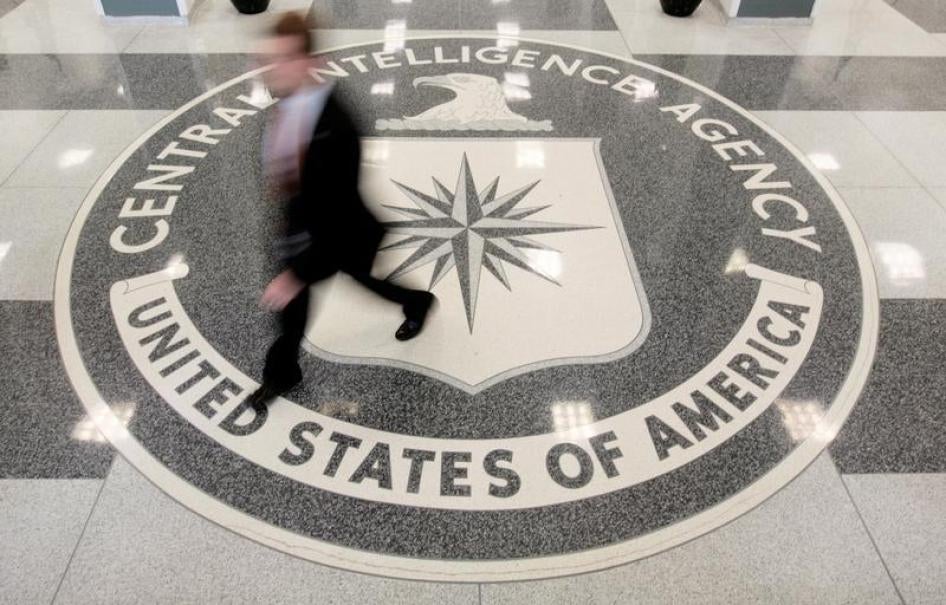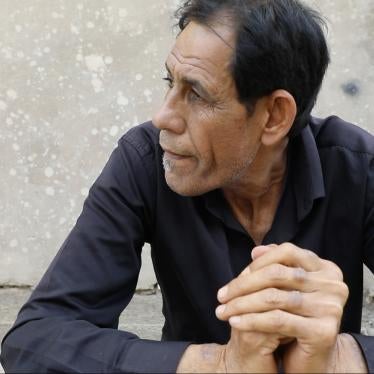At his confirmation hearing last month, Mike Pompeo, now head of the US Central Intelligence Agency, made clear that US law bars the CIA from using “enhanced interrogation techniques” – methods more commonly known as “torture.” So his hiring yesterday of Gina Haspel as deputy CIA director raised eyebrows, thanks to her resume at the agency.
Haspel is reported to have run a CIA “black site” in Thailand as part of a US program that used torture after the 9/11 attacks. She later served as chief of staff to Jose Rodriguez, who led the CIA’s Counterterrorism Center from approximately 2002 to 2004. In these positions she would have been directly involved in the CIA’s notorious rendition, detention, and interrogation program. As part of that program, the CIA forcibly disappeared people, sent them to be tortured in other countries, and operated secret prisons where detainees were subjected to beatings, painful “stress positions,” extreme sleep deprivation and cold temperatures, confinement in coffins, waterboarding, and anal rape or what the CIA called “rectal feeding” – all of which violated US and international laws prohibiting torture as well as cruel, inhuman, and degrading treatment.
During his presidential campaign Donald Trump promised that he would return to waterboarding and “much worse” – which makes picking someone with Haspel’s history especially troubling. Since his election Trump has qualified those statements. While still repeating emphatically and contrary to professional interrogators that he thinks “torture works,” Trump has also said he will defer on the issue to Pompeo and Secretary of Defense James Mattis, who is on record as strongly opposing torture because it’s illegal, immoral, ineffective, and harms US military and national security objectives.
Pompeo, on the other hand, had expressed support for past use of “enhanced interrogation techniques” and said they were carried out “within the law” – even though such methods were forms of torture clearly banned by US and international law before the CIA began using them in 2002. But during his confirmation hearing, when asked about these remarks and whether he would restart the CIA's use of harsh interrogation techniques that fall outside what the Army Field Manual allows, Pompeo said: “Absolutely not. Moreover, I can't imagine that I would be asked that” by the president. Still, in written answers provided later to the hearing, he said he would consult with CIA and other government experts on whether current restrictions on interrogation were an “impediment” to gathering vital intelligence or whether a rewrite of the Army Field Manual, which specifies what interrogation techniques may legally be used, was necessary.
Given Pompeo’s statements and Haspel’s history, both should make clear statements that they will not support a US return to any form of abusive interrogation. Congress cannot stop Haspel’s appointment because it does not require Senate confirmation, but members should be more vigilant than ever in conducting oversight of this secretive agency, given its recent history of lawbreaking and abuse.









